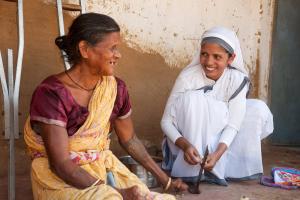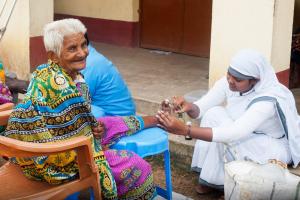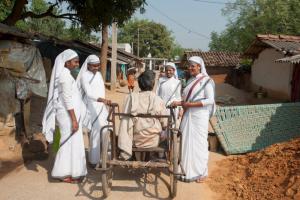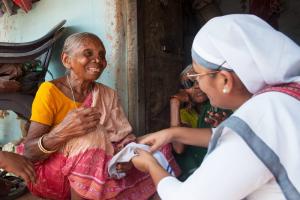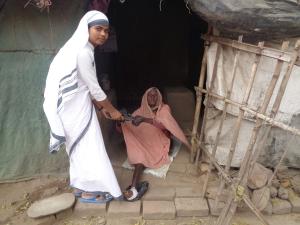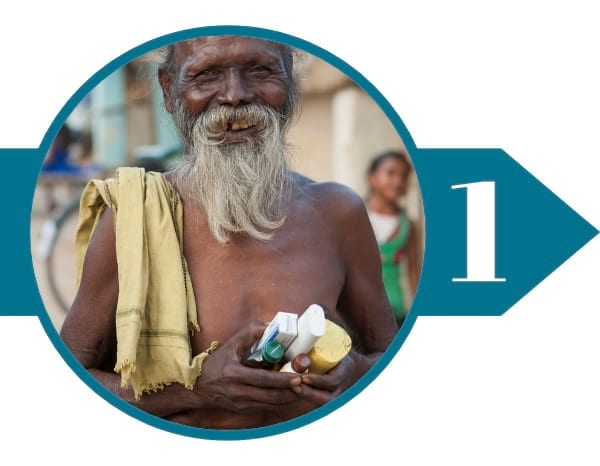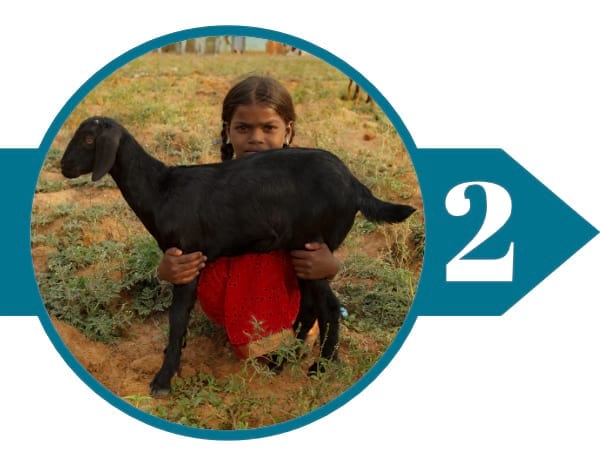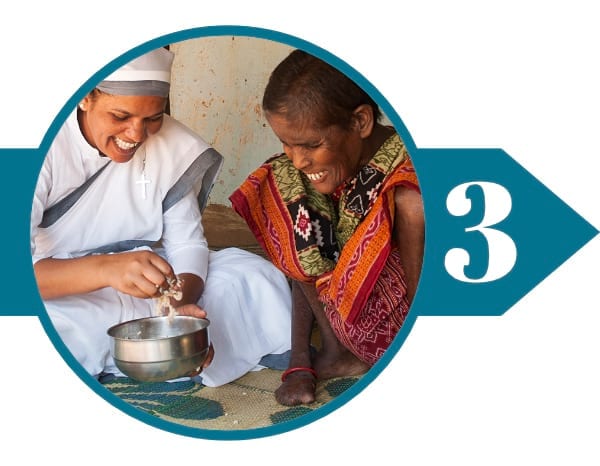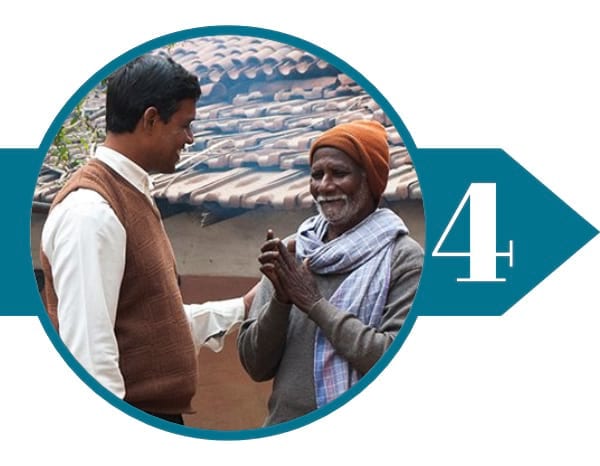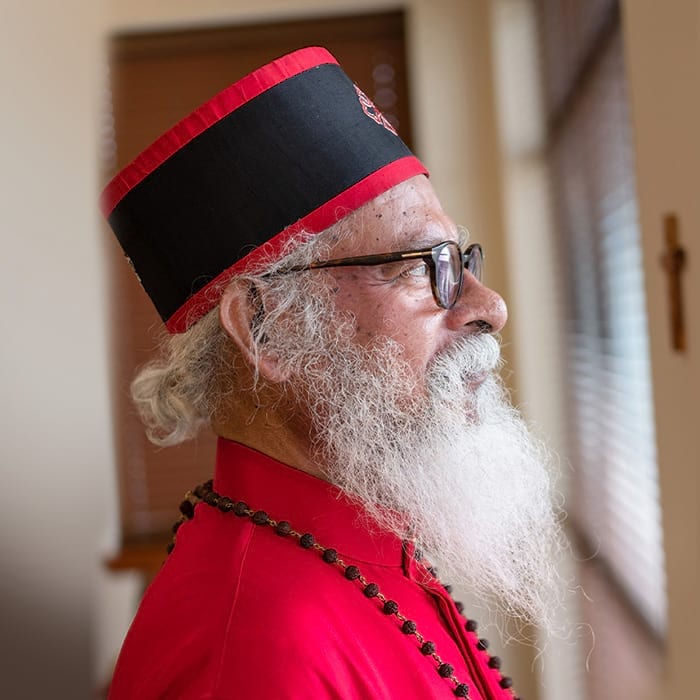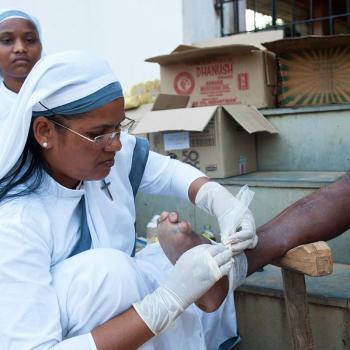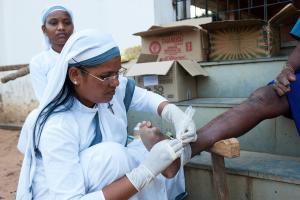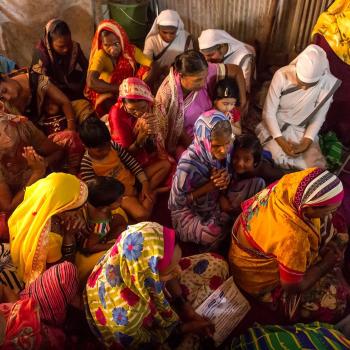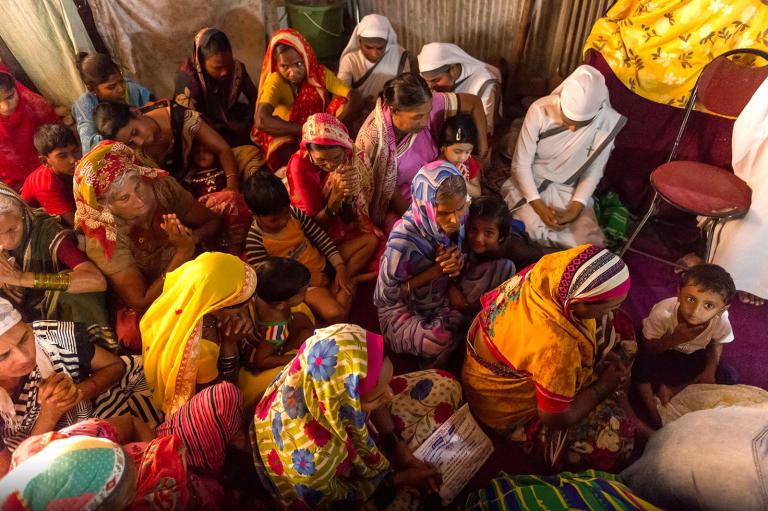WILLS POINT, TX – GFA World (Gospel for Asia) founded by K.P. Yohannan, has been the model for numerous charities like GFA World Canada, to assist the poor and deprived worldwide, issued this first part of a Special Report on the unstoppable compassion force of national missionary workers.
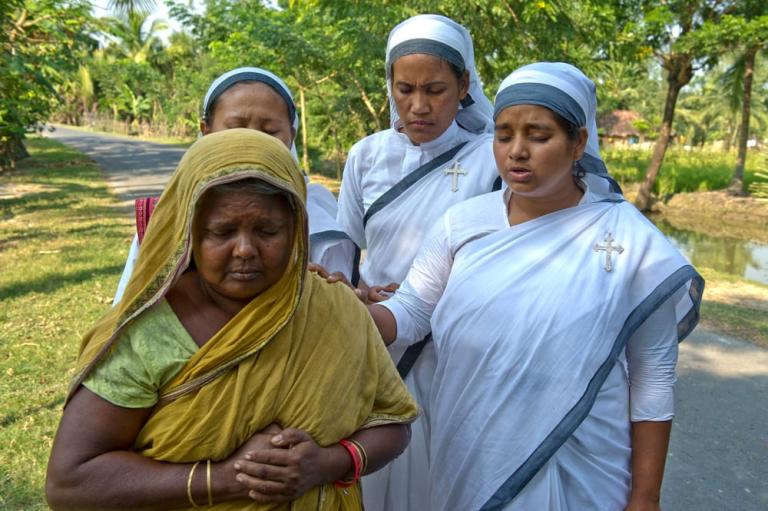
Looking ‘Inside’ for Lasting Solutions
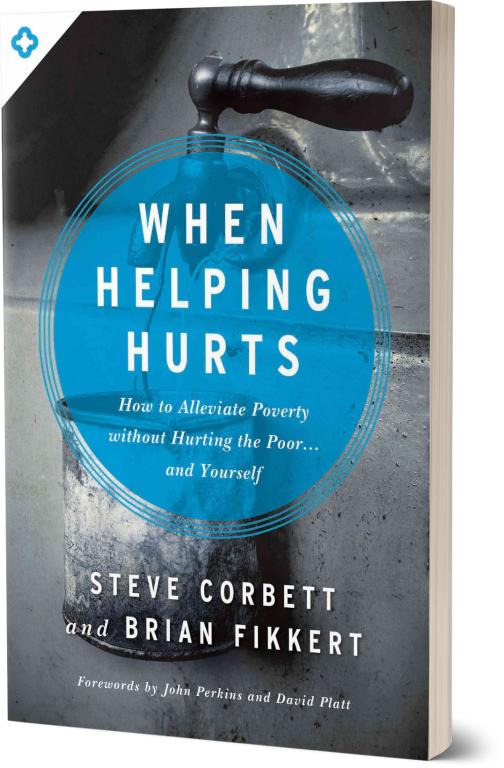
Instead of looking to the West, many humanitarian and missions groups are looking “inside,” turning their attention to the vast pool of dedicated and talented workers within the nations in which they serve. They’re convinced that national workers are the key to lasting transformation.
It’s an opinion shared by development specialist Steve Corbett and economics professor Brian Fikkert, co-authors of When Helping Hurts: How to Alleviate Poverty Without Hurting the Poor and Yourself.
“God has blessed many of these indigenous workers with amazing talents and strong passions,” they write. “They often minister long term in environments that would be a deep challenge for even the most impassioned outsider. Furthermore, these indigenous workers’ understanding of local cultures and languages makes them far more effective than the outsiders could typically be, either in the short or long term.”
“Moreover, these indigenous workers usually do this work at salaries that are far below mainstream North American standards,” they said. Corbett and Fikkert continue to discuss how one highly respected organization equips and manages national workers across Africa at a total annual cost of $1,540—a total that, according to the authors, includes the worker’s salary, bicycle, backpack, shirt and bedroll.
These are facts that the Church in the West needs to accept, they say: “The North American Church needs to more deeply appreciate the fact that Christians at home and abroad are ministering within their own nations, people groups, and communities at a large and growing rate, particularly in the [developing world]”.
The ‘T’ Word: ‘Transforming’ Communities
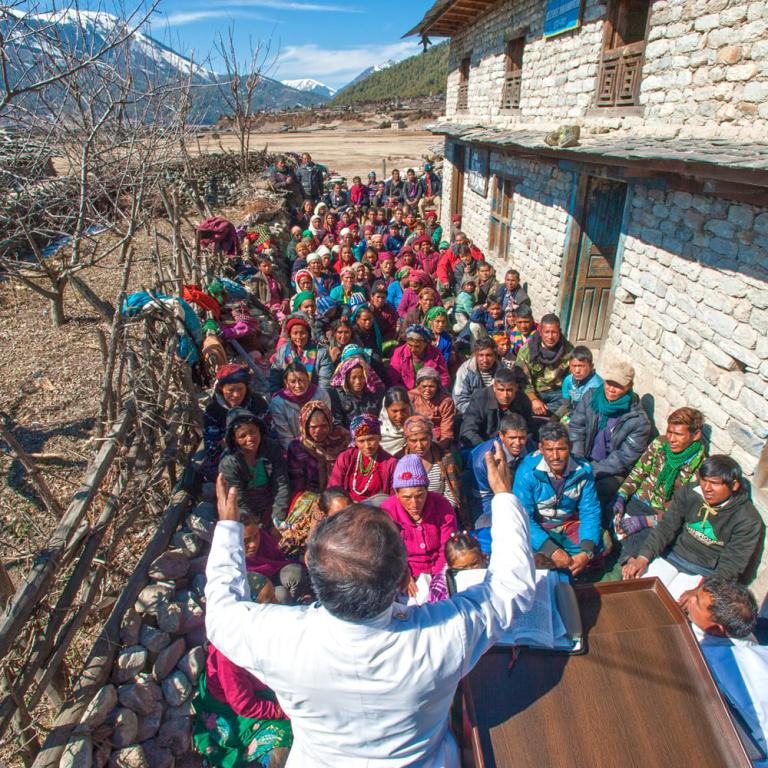
“Transformation” is a buzzword widely used in humanitarian, community development and missions circles, and it means different things to different people. Generally, it refers to a rebirth of a community, a revival of health, wellness, vitality, prosperity and hope. For faith-based organizations, everything is wrapped in God’s love. It’s the goal of all workers who follow Jesus—foreign and native—to bring transformation.
But what does transformation really look like?
Global CHE Network builds what it calls “transformational” movements within thousands of villages and communities across more than 130 countries by equipping and training national workers to spread health, good news and the love of God.
The organization tells the following story. In a small town in the Philippines, the jail sits empty, and the local attorney had to relocate because he didn’t have any clients to defend. The streets are spotless with barely a scrap of litter in sight, and the town sign reads: “Welcome to Bingawan, a Christian Community.”
It wasn’t always like this in Bingawan. The town used to have its share of trouble, crime and vice. But when the local people—impacted by Christ’s love and a revival of hope—decided to make changes in their own lives, the entire town underwent a profound transformation. Gambling joints closed, crime plummeted and the guards at the local jail found themselves staring at empty cells, according to Global CHE workers.
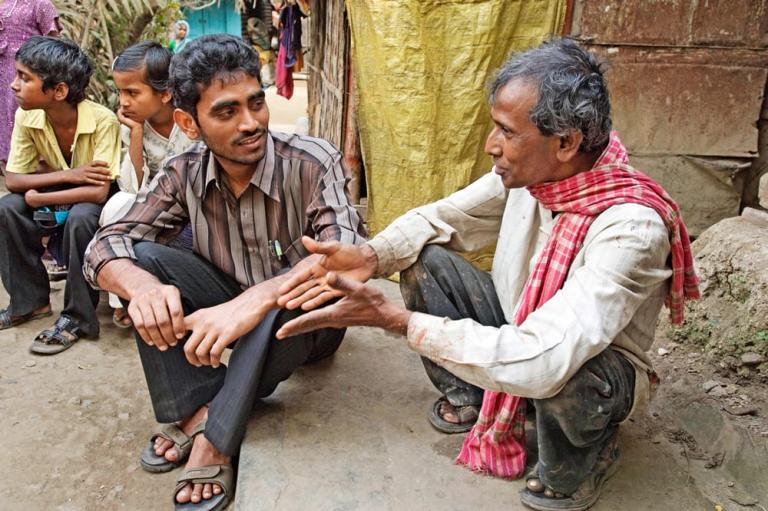
Other humanitarian agencies also tap into the strengths and connectivity of national workers, putting already-established local networks into action in the pursuit of lasting transformation.
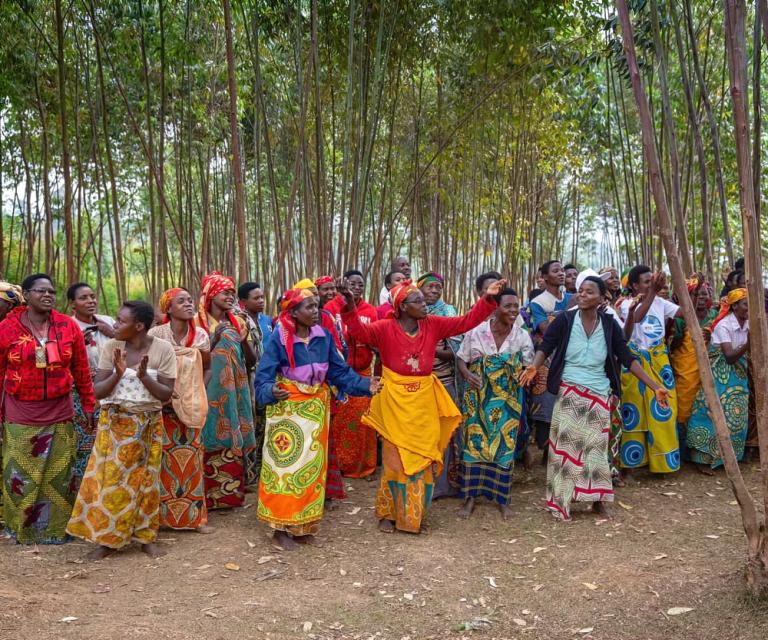
Photo by World Relief
One inspired approach, known as the Care Group Model, has revolutionized the health and lives of hundreds of thousands of impoverished villagers in Asia and Africa.
Launched by World Relief, the Care Group Model tackles community problems at the grassroots level and operates in the heart of the community by training groups of local volunteers to confront the most serious health threats.
These volunteers, which are nearly all women, each share their newfound knowledge with 10–15 of their neighbors, spreading lifesaving know-how in the most effective way: mother to mother.
In one area, surveys revealed Care Groups:
- Reduced the number of malnourished children by 45 percent.
- Improved access to trained birth attendants, saving lives.
- Increased the number of household latrines.
- Significantly expanded the use of bed nets to prevent malaria.
The proven impact of the Care Group model, which is sustained and fully operated by national workers, is phenomenal. Across regions containing hundreds of villages, the local volunteers achieve “saturation coverage,” meaning every household is reached.
Thoeun, a local health educator in Cambodia, says if a child fell sick, villagers often suspected supernatural causes and looked to supernatural remedies. Growing up in the culture, Thoeun understands the way the villagers think. But the Care Group introduced her to a new way of thinking about health—and showed her the love of God. The combination of education, care and good news changed her life, she says, and since then she’s encouraged hundreds of others.
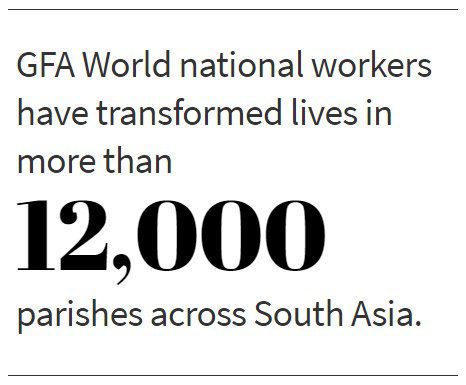 “The local people wonder why we’re so positive and friendly. … They ask us why,” Thoeun says, explaining it opens the door to tell them about God’s love.
“The local people wonder why we’re so positive and friendly. … They ask us why,” Thoeun says, explaining it opens the door to tell them about God’s love.
While different faith-based and humanitarian groups have made a big impact on communities by recognizing the strengths, commitment and drive of local workers, perhaps no agency has done more than Gospel for Asia (GFA World). Its national missionaries have transformed lives in more than 12,000 parishes across Asia, in nations such as Myanmar, Sri Lanka and Bangladesh.
‘Native Shockwave’
When GFA World’s K.P. Yohannan launched his best-selling book Revolution in World Missions in the mid-1980s, its groundbreaking message sent shockwaves through churches, missions agencies and humanitarian organizations that were used to operating according to the traditional norms of Western missions endeavors.
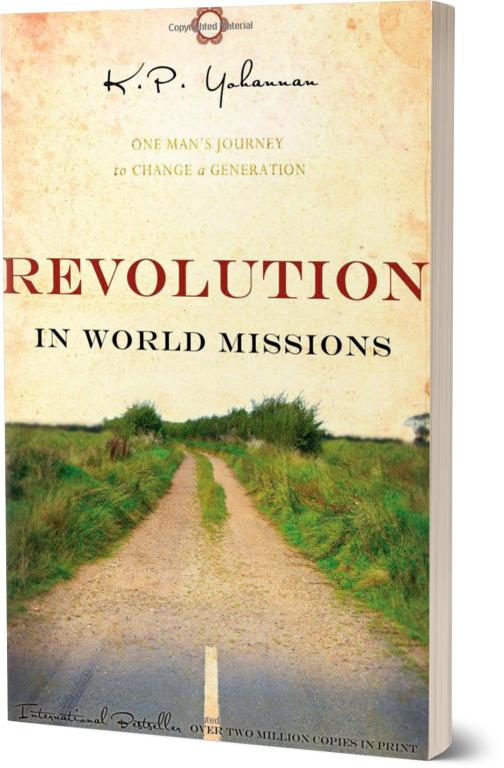
Yohannan’s vision helped turn the traditional Western “missions sending model” upside down, instead advocating for people in the West to support and train national workers already in place. Yohannan claimed local workers were better suited to do the work of transforming communities across Asia. They already lived at the same level as the local people: working alongside them, living among them in the villages and slums, dressing the same, speaking the same language, eating the same food, drinking from the same well.
Jager is one such worker. Trained and supported by Gospel for Asia (GFA World), Jager ventured to villages in a difficult area of South Asia, determined to show people the love of God. Jager and his wife lived in a one-room mud house, like the local people, and cooked their food on an open fire.
National workers, Yohannan reasoned, understood the local culture and customs, were more easily accepted and could go where outsiders were not able or permitted to travel.
In effect, Yohannan’s dream is to see thousands of community-transforming national workers across Africa and Asia, equipped with the training and resources to break extreme poverty and offer hope to those in despair, all in the name of Christ.
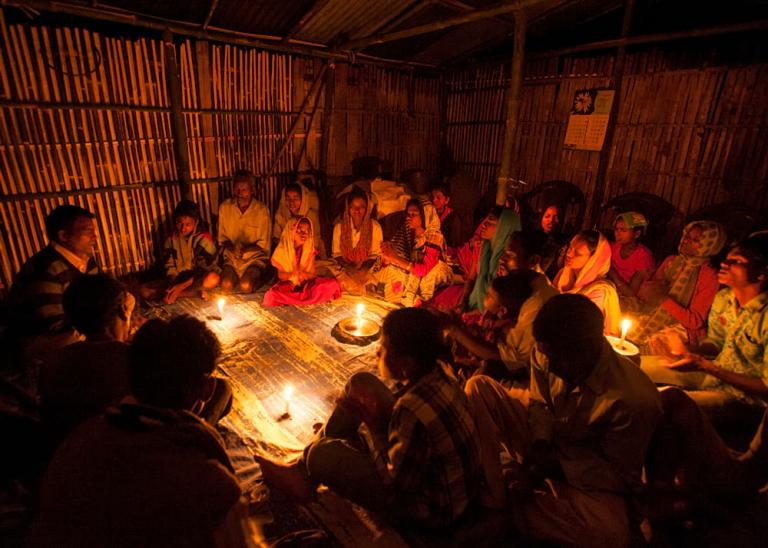
“Filled to overflowing with the love of God, these national workers are passionate to share that love with everyone they meet,” Yohannan said. “Ultimately, the only true lasting transformation can happen through Christ who brings hope for this life and the life to come.” Yohannan continues, “While we must care for the hungry and suffering, we must not forget to share the authentic message of redemption through Christ. The holy Scriptures tell us in Mark 8:36 ‘What shall it profit a man if gains the whole world and loses his soul.’”.
A criticism sometimes leveled at national workers in developing nations is that they lack quality, formal training. The inference is they’re not up to “Western standards” of education and knowledge. But groups like Gospel for Asia (GFA World) don’t expect national workers to operate on passion and enthusiasm alone. Each worker undergoes extensive, in-depth training and preparation for their role of service.
Following a three-year period of intense training, these courageous national missionaries set off into “uncharted territory” where often no missions or humanitarian agency has gone before, bringing clean drinking water through “Jesus Wells” to the remotest villages, launching child sponsorship programs for children who never dreamed they’d be able to go to school, and fighting poverty with vocational training, sewing machines and fishing nets.
Missionary Pastor Ravid shares his compelling story of how he continued to show God’s love and meet practical needs within his community throughout the COVID-19 pandemic and subsequent lockdowns.
Give to Support National Missionaries »
If this special report has touched your heart and you would like to help national workers show Jesus’ love by meeting practical needs, then make a generous one time or monthly gift to support a national missionary in Asia or Africa.
Read the rest of this Gospel for Asia – Transforming Communities (GFA World) Special Report: National Workers: Unstoppable Compassion Force — Part 1, Part 3
About GFA World
GFA World (Gospel for Asia) is a leading faith-based global mission agency, helping national workers bring vital assistance and spiritual hope to millions across the world, especially in Asia and Africa, and sharing the love of God. In GFA World’s latest yearly report, this included thousands of community development projects that benefit downtrodden families and their children, free medical camps conducted in more than 1,200 villages and remote communities, over 4,800 clean water wells drilled, over 12,000 water filters installed, income-generating Christmas gifts for more than 260,000 needy families, and teaching providing hope and encouragement available in 110 languages in 14 nations through radio ministry. GFA World has launched programs in Africa, starting with compassion projects in Rwanda. For all the latest news, visit our Press Room at https://press.gfa.org/news.
Read more blogs on GFA World, National Missionary Workers, and World Missions on Patheos from Gospel for Asia.
GFA’s Statement About Coronavirus
Learn more by reading this Special Report from Gospel for Asia on the Lord’s work in 2020 through GFA and the partnerships worldwide while following Him in His work in 16 nations, including Sri Lanka, Bangladesh and Nepal.
Learn more about Gospel for Asia: Facebook | YouTube | Instagram | LinkedIn | SourceWatch | Integrity | Lawsuit Update | 5 Distinctives | 6 Remarkable Facts | 10 Milestones | Media Room | Widows & Coronavirus | Endorsements | 40th Anniversary | Lawsuit Response | International Offices | Missionary and Child Sponsorship | Transforming Communities through God’s Love
Notable News about Gospel for Asia: FoxNews, ChristianPost, NYPost, MissionsBox
Read what 25 Christian Leaders are affirming about GFA World.
This Special Report originally appeared on gfa.org.


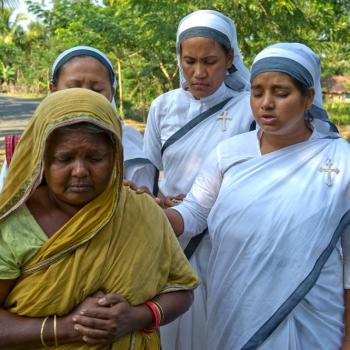
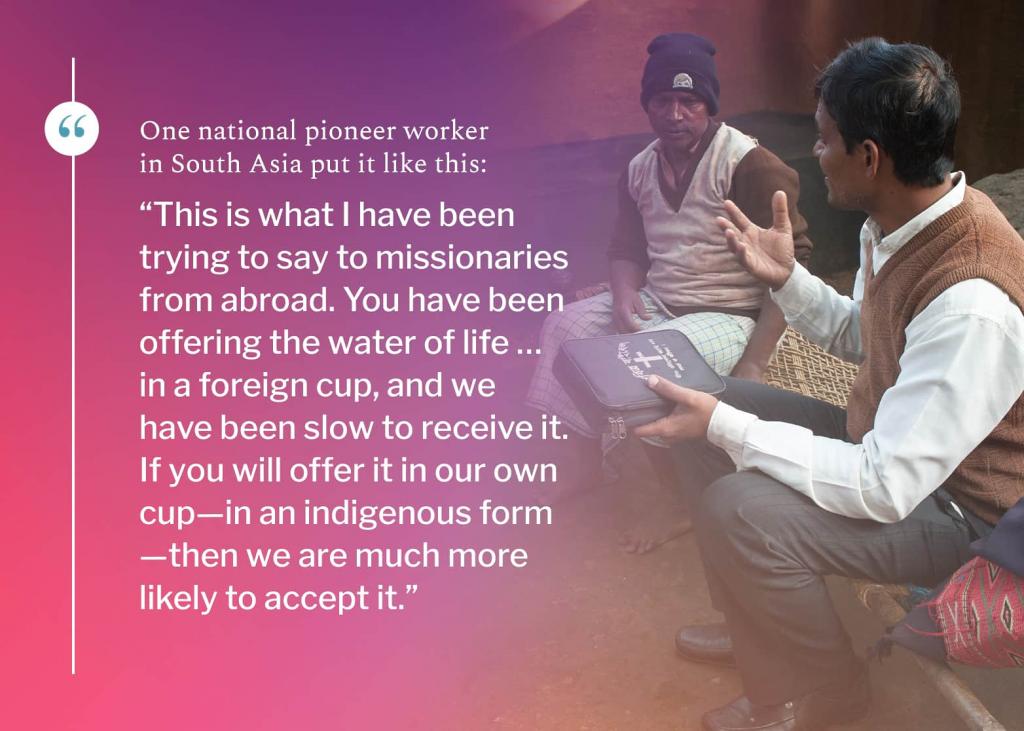
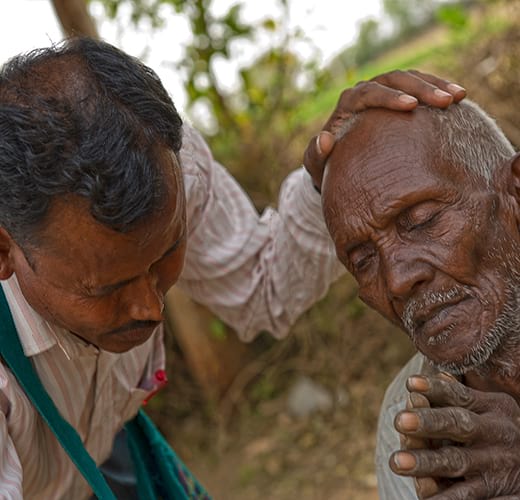
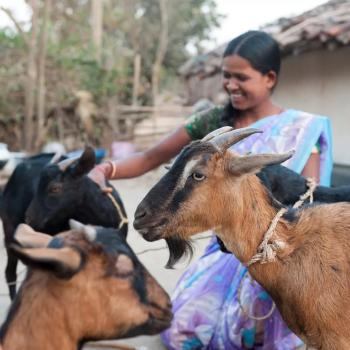
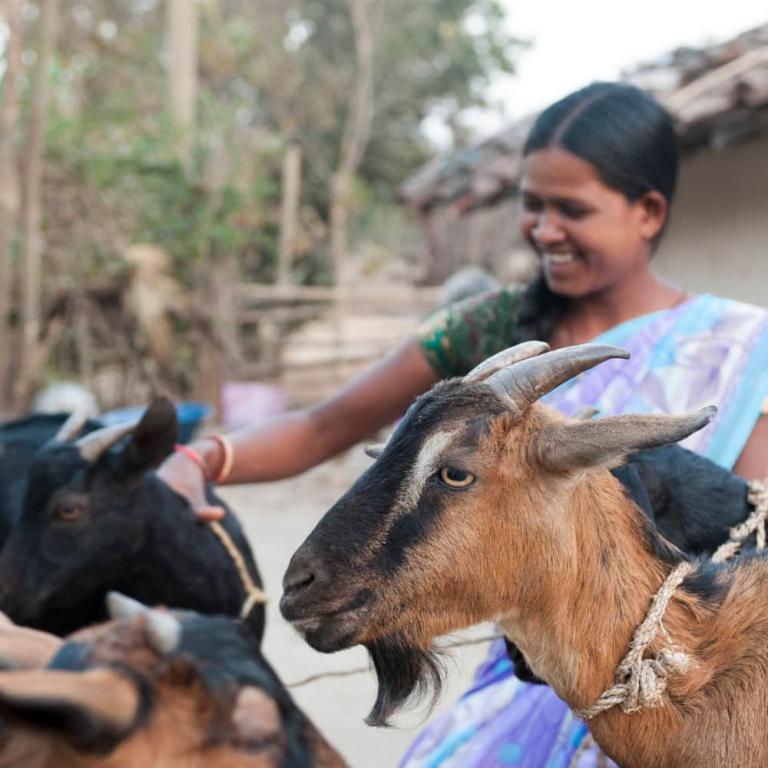



 Along with providing mutton, which many people rely on for food, sheep produce valuable wool that can be sold at a good price. Some sheep farmers spin the wool themselves, providing yarn for clothing that they can sell or use for their own families. For farmers with limited space, sheep have many of the same advantages as goats and serve many of the same uses.
Along with providing mutton, which many people rely on for food, sheep produce valuable wool that can be sold at a good price. Some sheep farmers spin the wool themselves, providing yarn for clothing that they can sell or use for their own families. For farmers with limited space, sheep have many of the same advantages as goats and serve many of the same uses.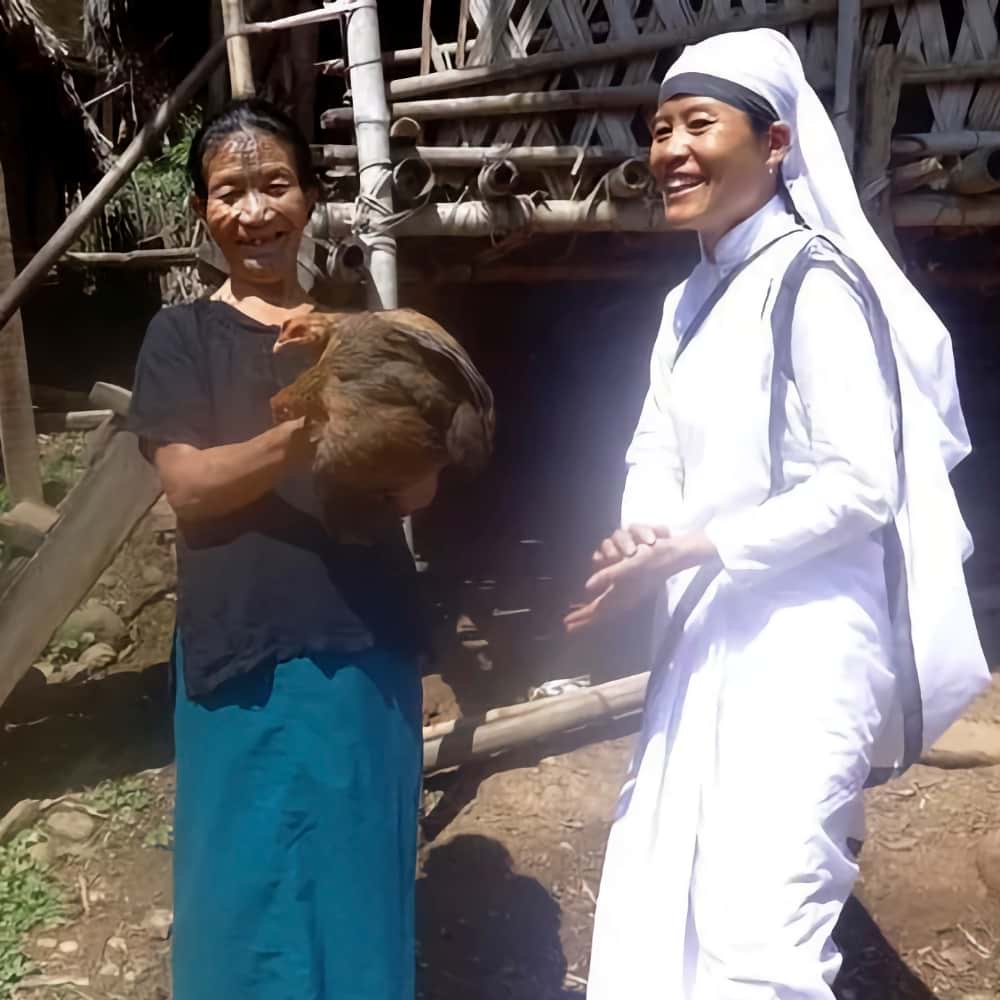
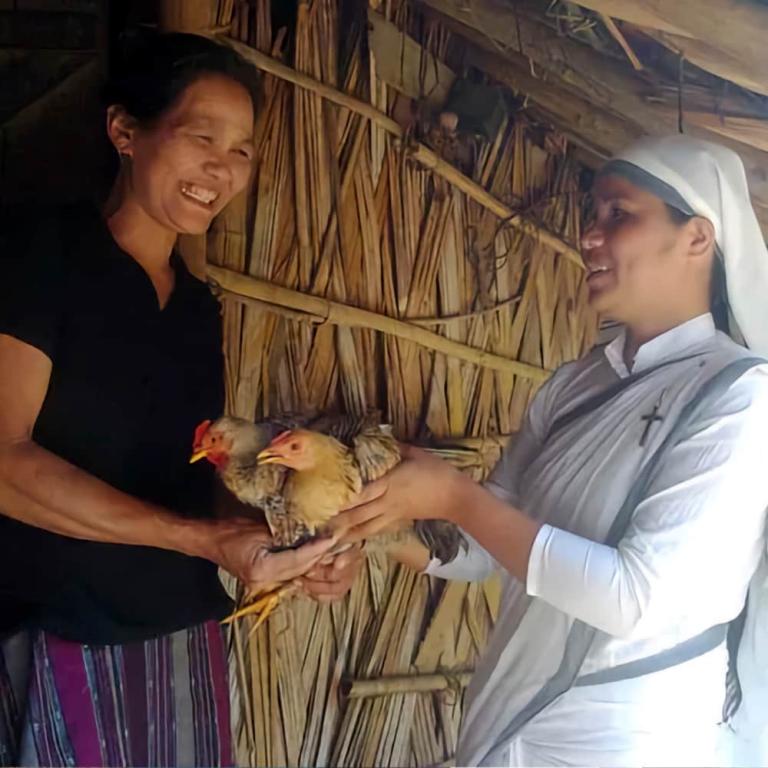
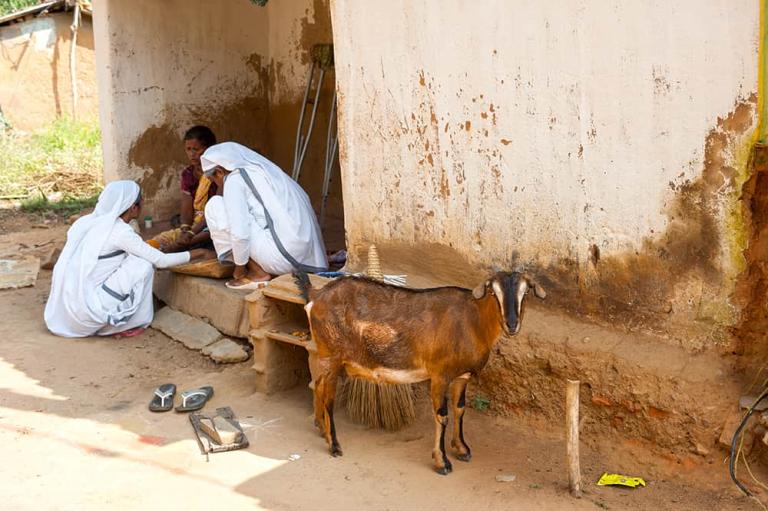
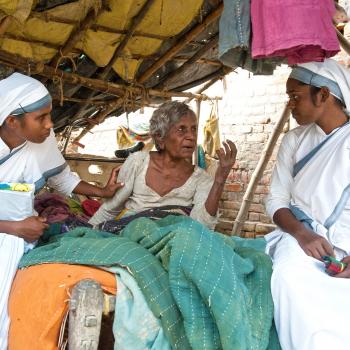
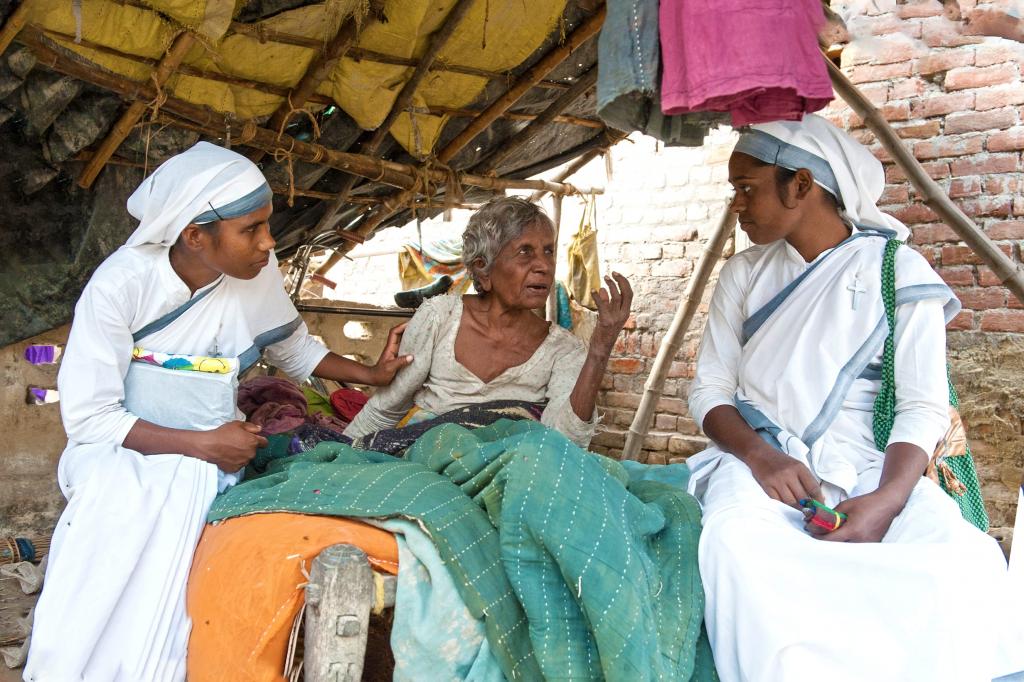
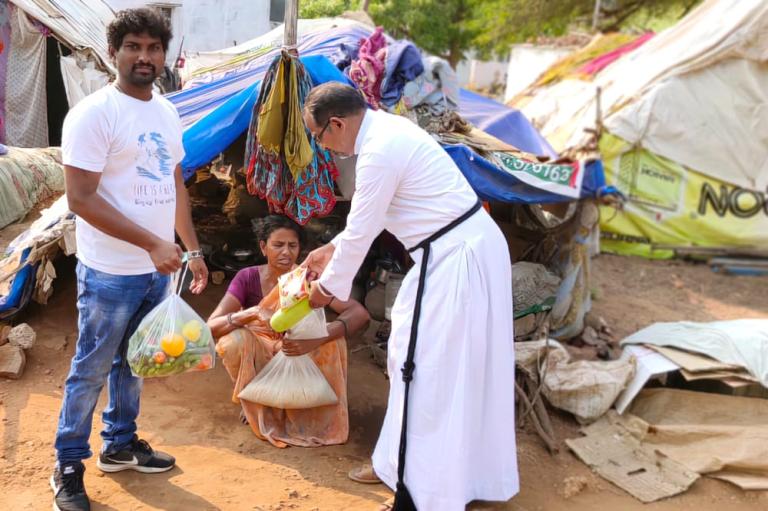
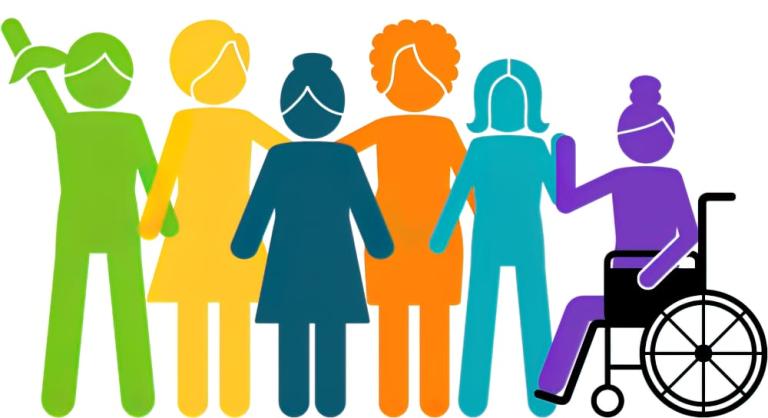
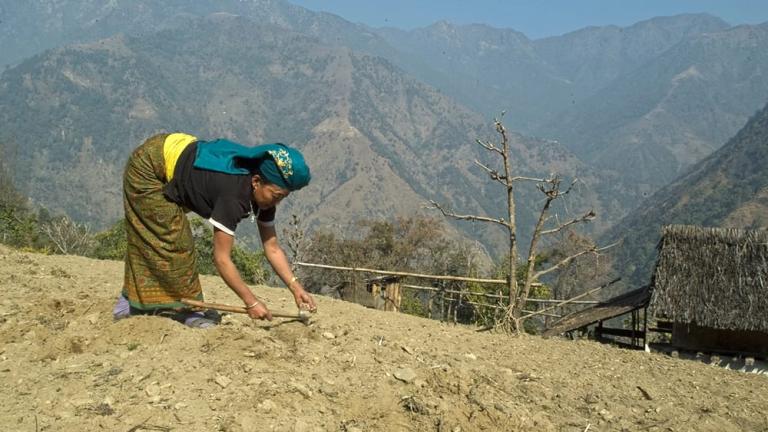
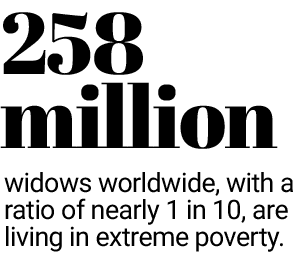 On last year’s International Widows Day, UN Secretary-General Antonio Guterres said when countries build back from COVID-19, they must also work to dismantle laws that discriminate against women. He said the isolation and economic hardships brought on by the pandemic can further compromise widows’ ability to support themselves and their families and cut them off from social connections during their greatest time of grief.
On last year’s International Widows Day, UN Secretary-General Antonio Guterres said when countries build back from COVID-19, they must also work to dismantle laws that discriminate against women. He said the isolation and economic hardships brought on by the pandemic can further compromise widows’ ability to support themselves and their families and cut them off from social connections during their greatest time of grief.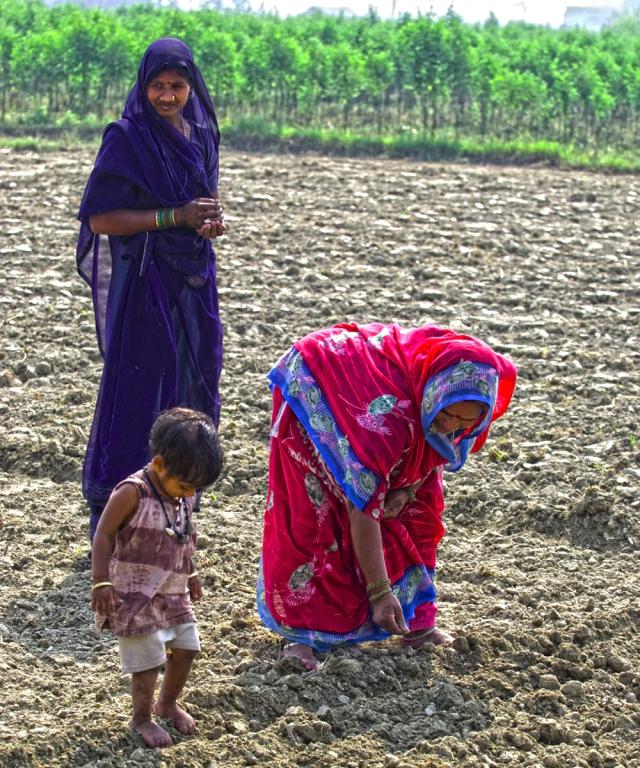
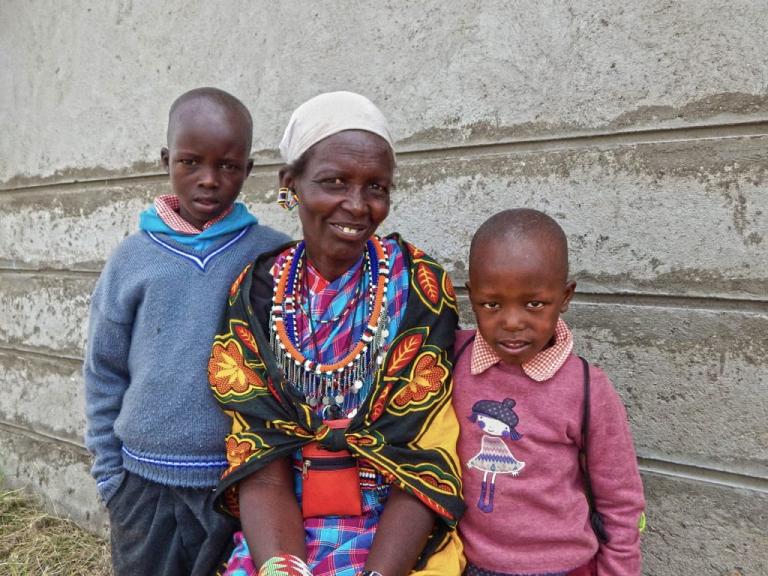
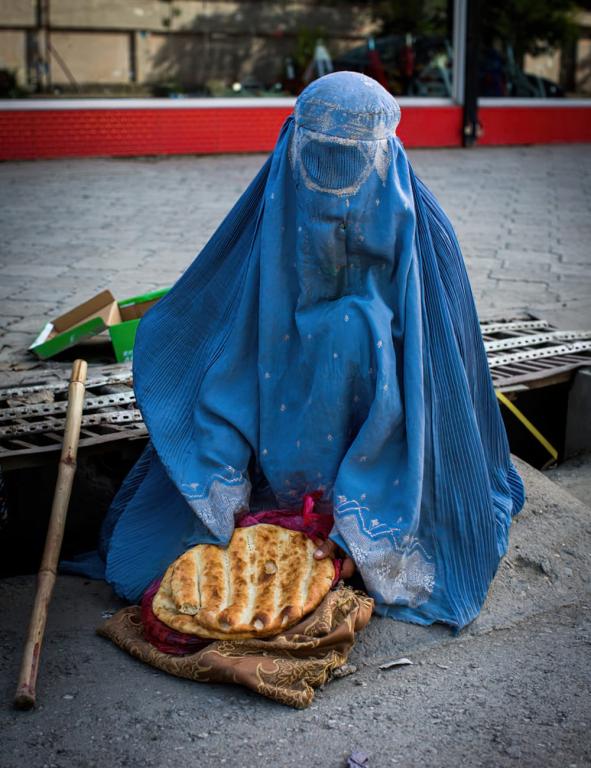
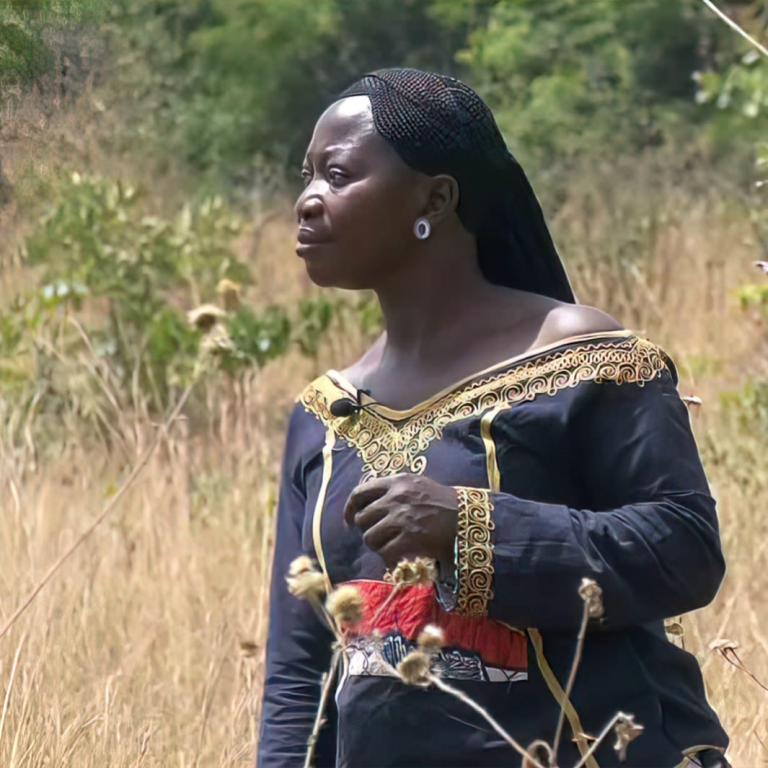
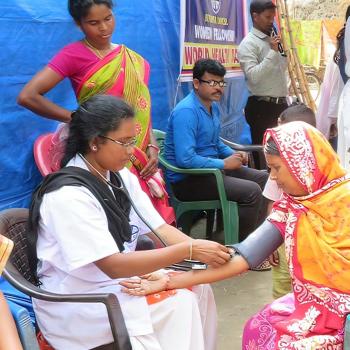
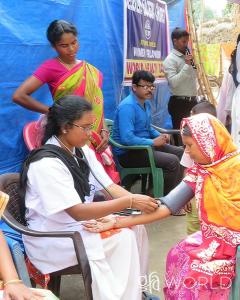
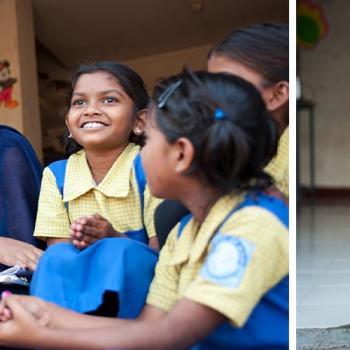

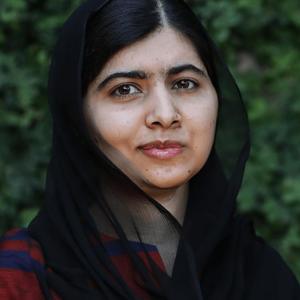
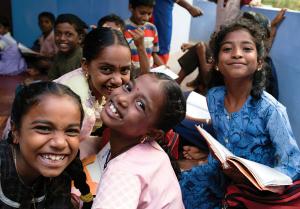

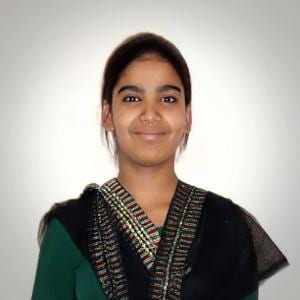
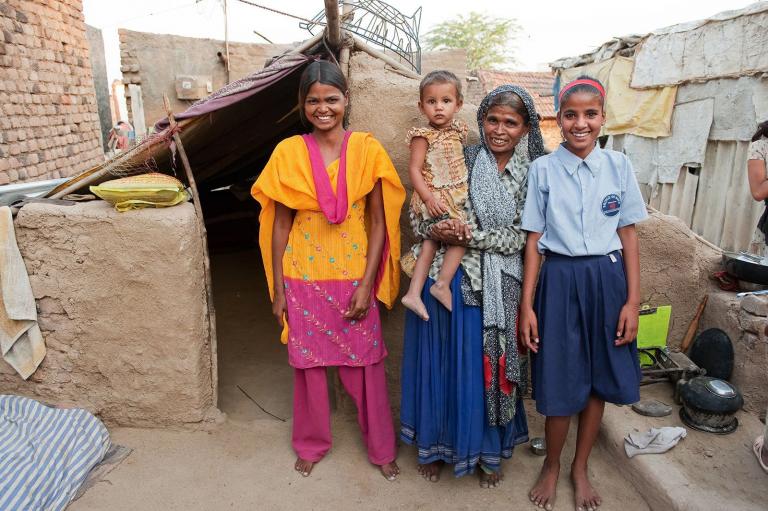
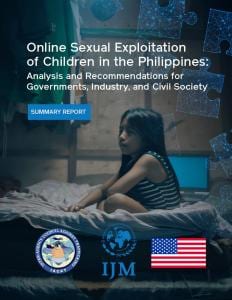
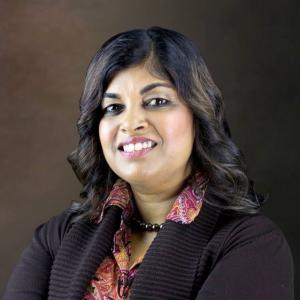
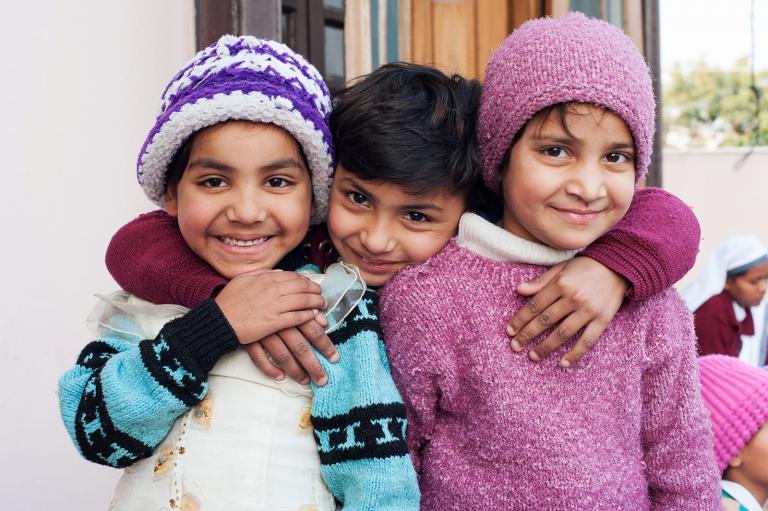
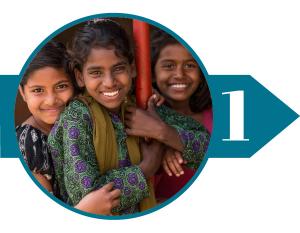
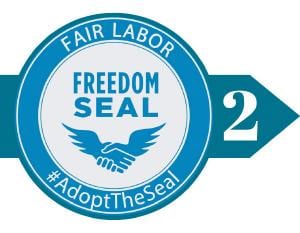
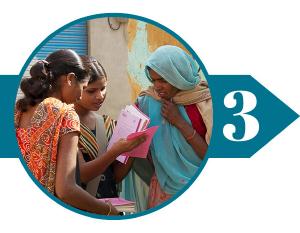
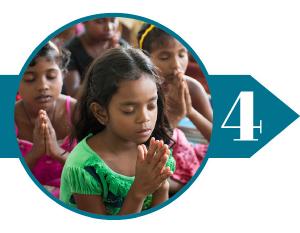 Pray
Pray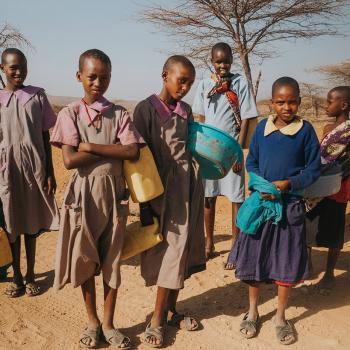
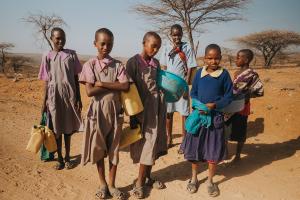
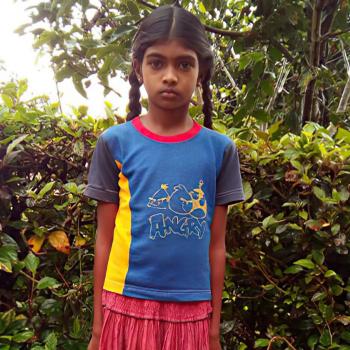
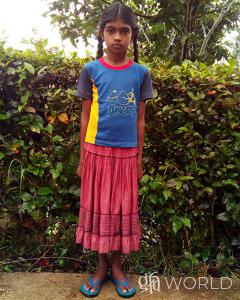
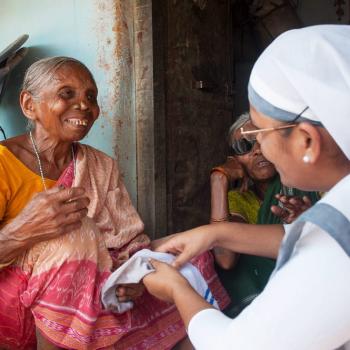
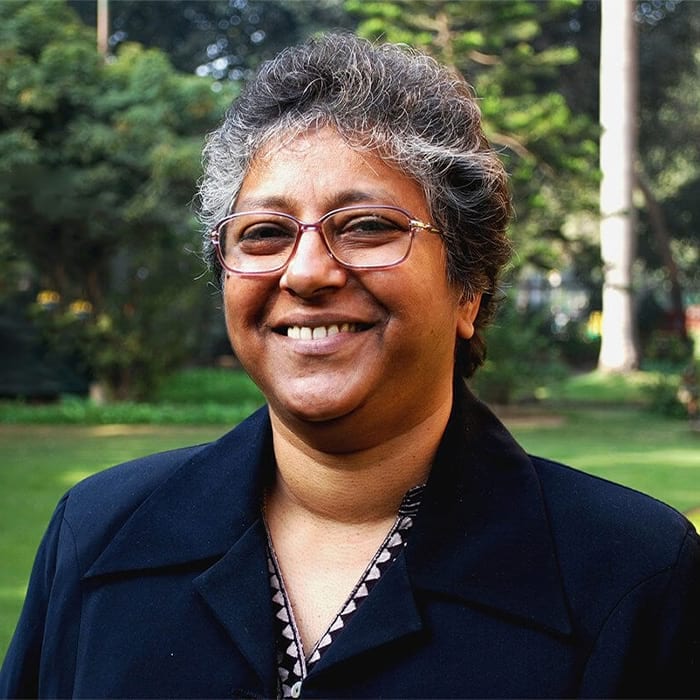
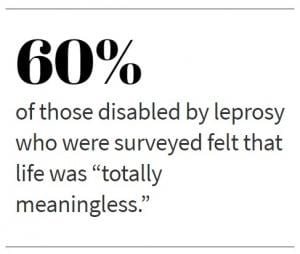 Elsewhere, with the pandemic bringing leprosy renewed media exposure, it could also awaken greater appreciation for the plight of those ostracized because of their condition. After all, being confined to one’s own home for an extended period because of coronavirus concerns may be uncomfortable, but it doesn’t compare to being forcibly isolated for the rest of one’s life in a leprosy colony.
Elsewhere, with the pandemic bringing leprosy renewed media exposure, it could also awaken greater appreciation for the plight of those ostracized because of their condition. After all, being confined to one’s own home for an extended period because of coronavirus concerns may be uncomfortable, but it doesn’t compare to being forcibly isolated for the rest of one’s life in a leprosy colony.